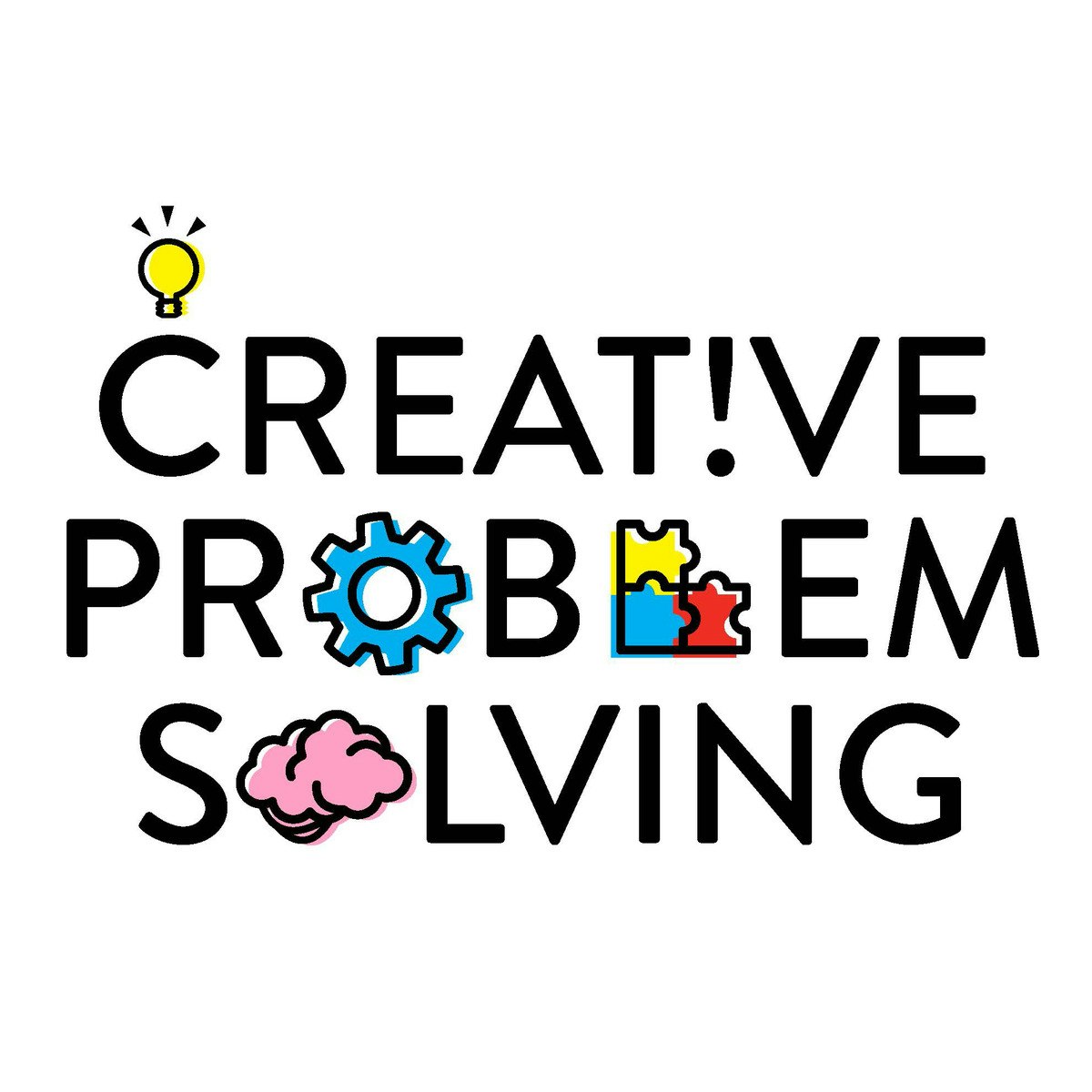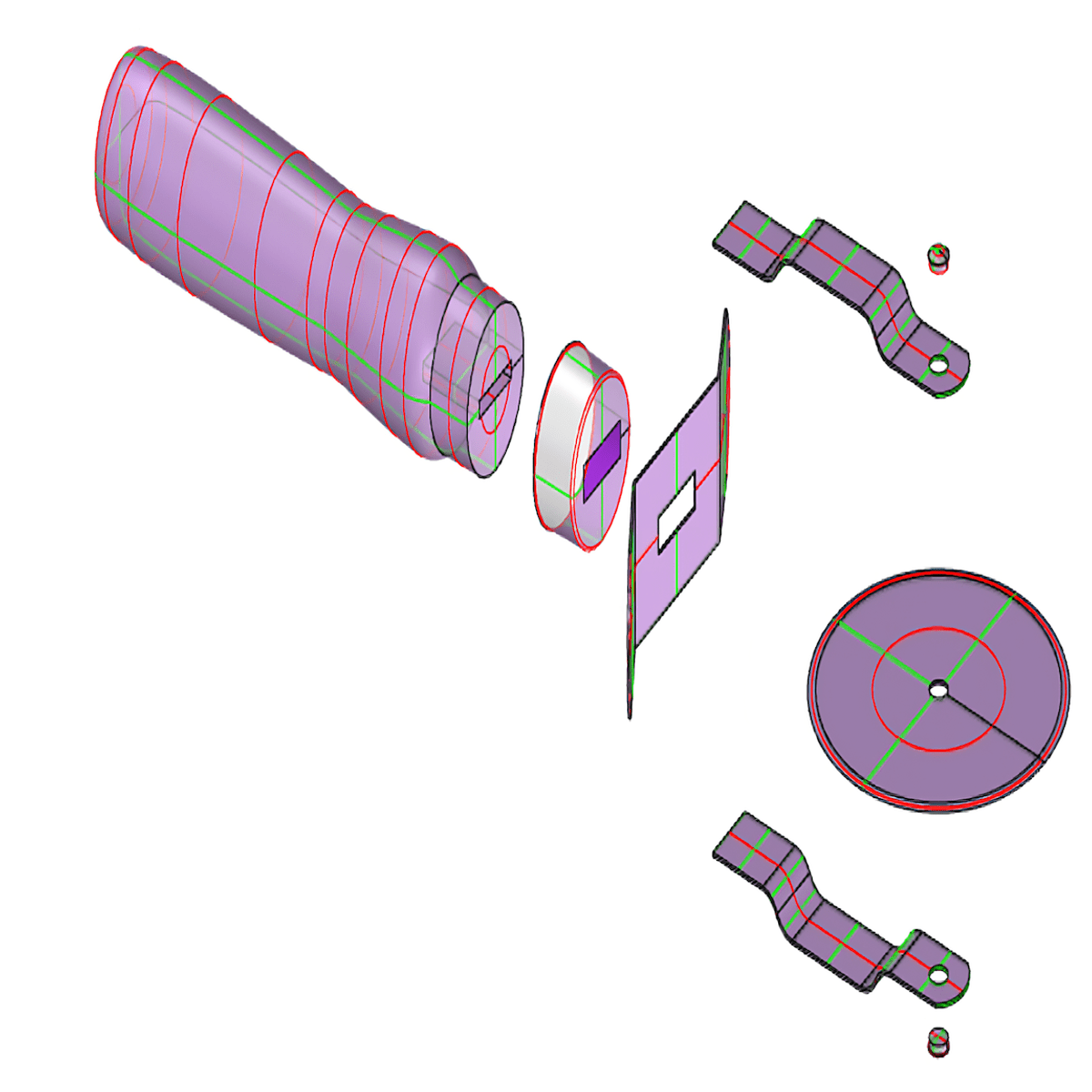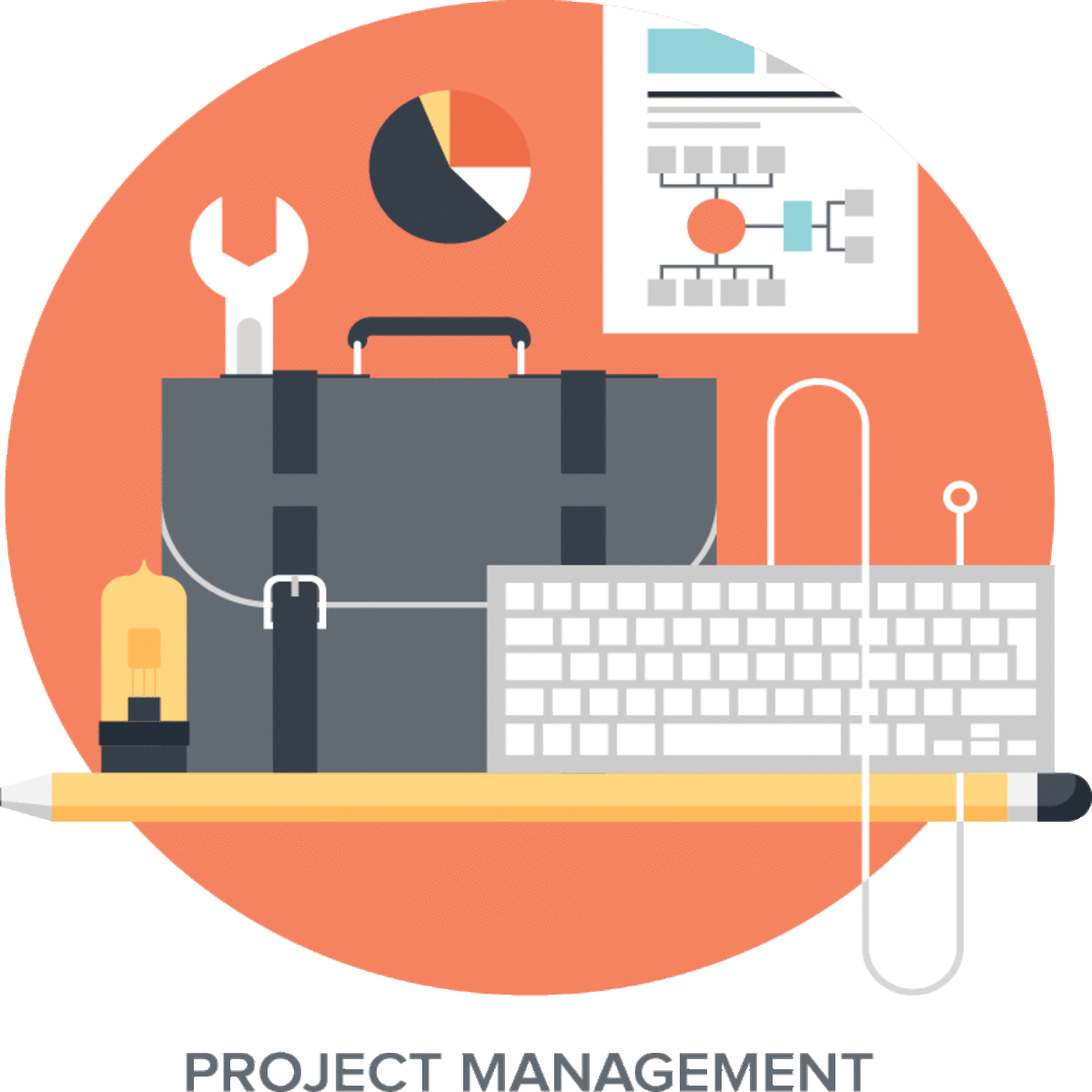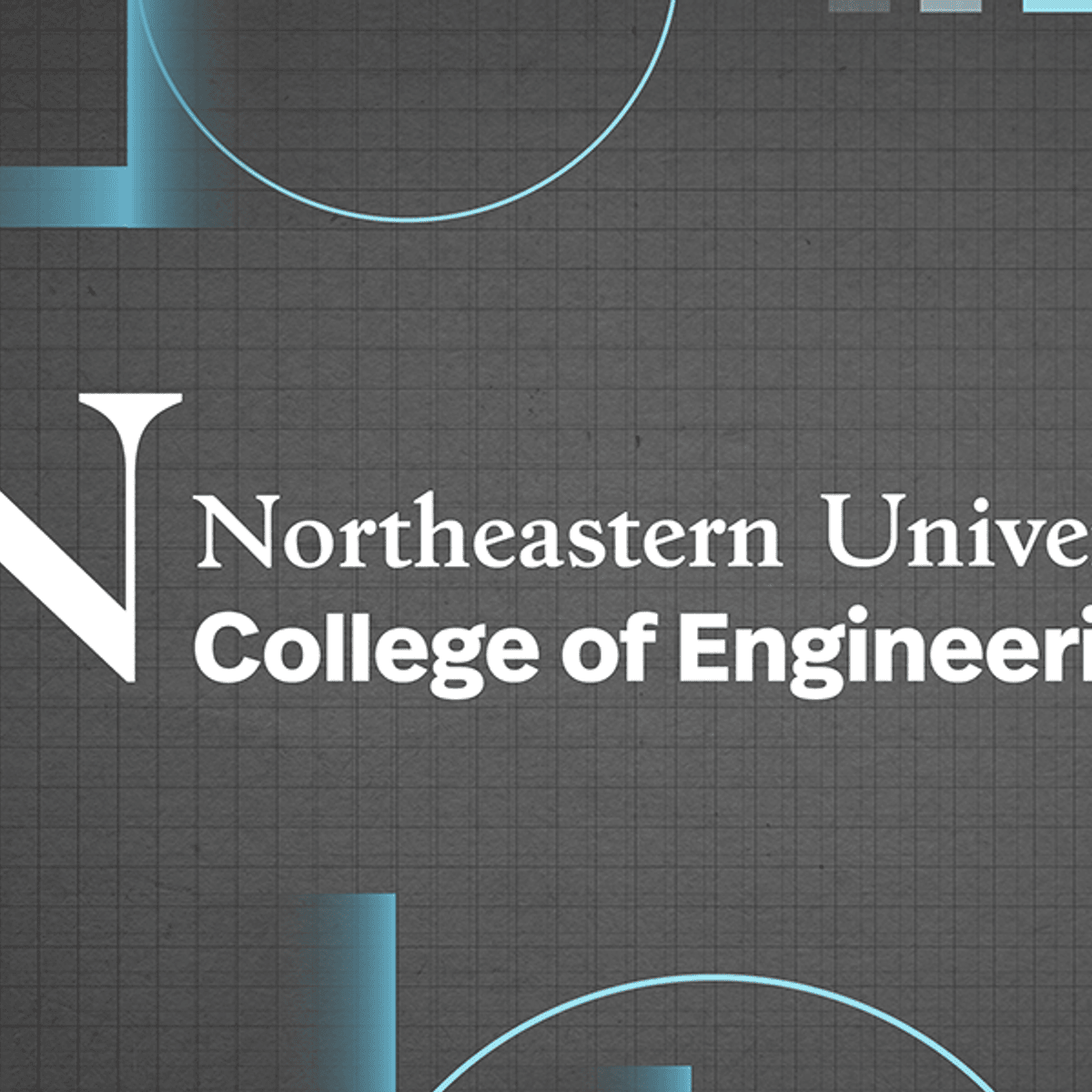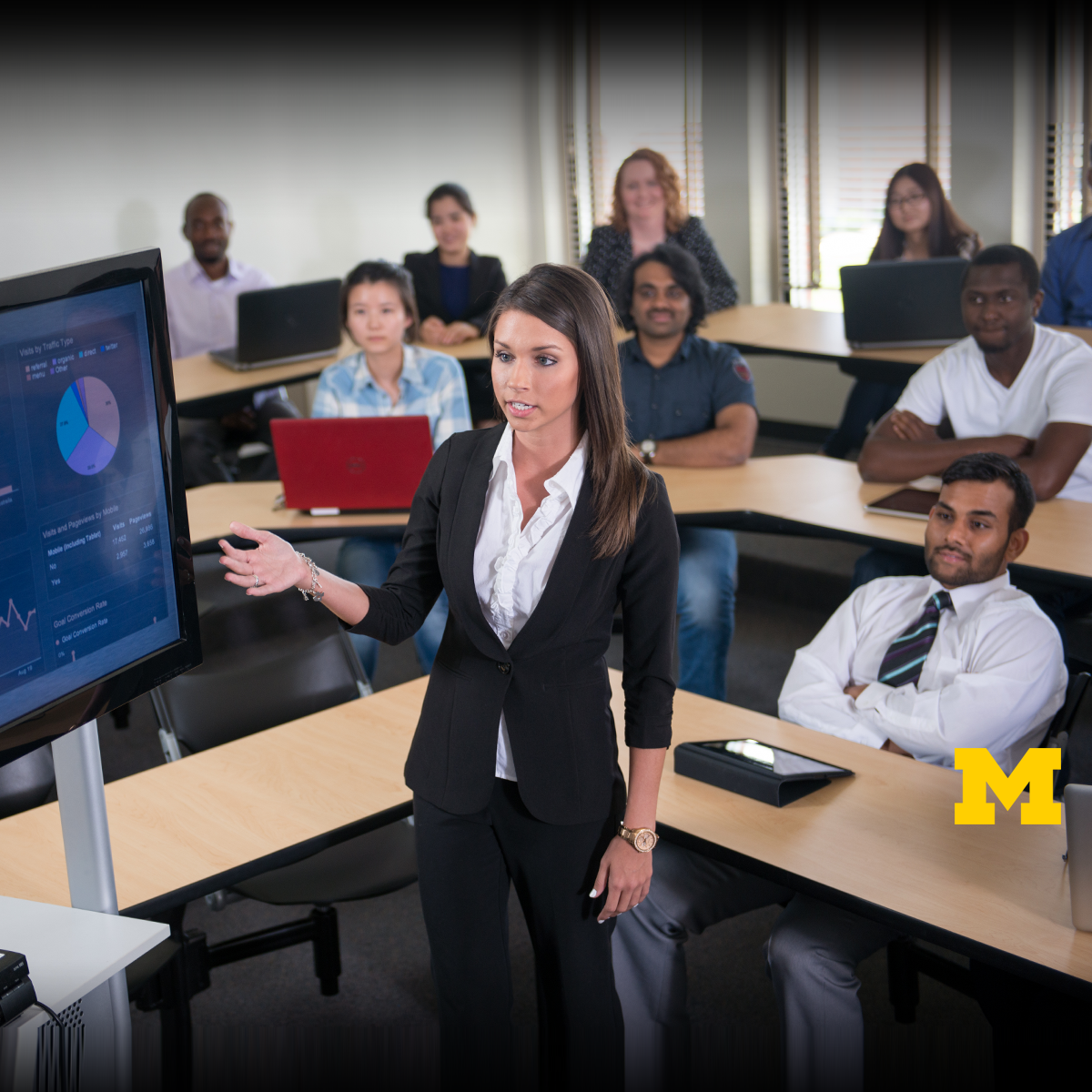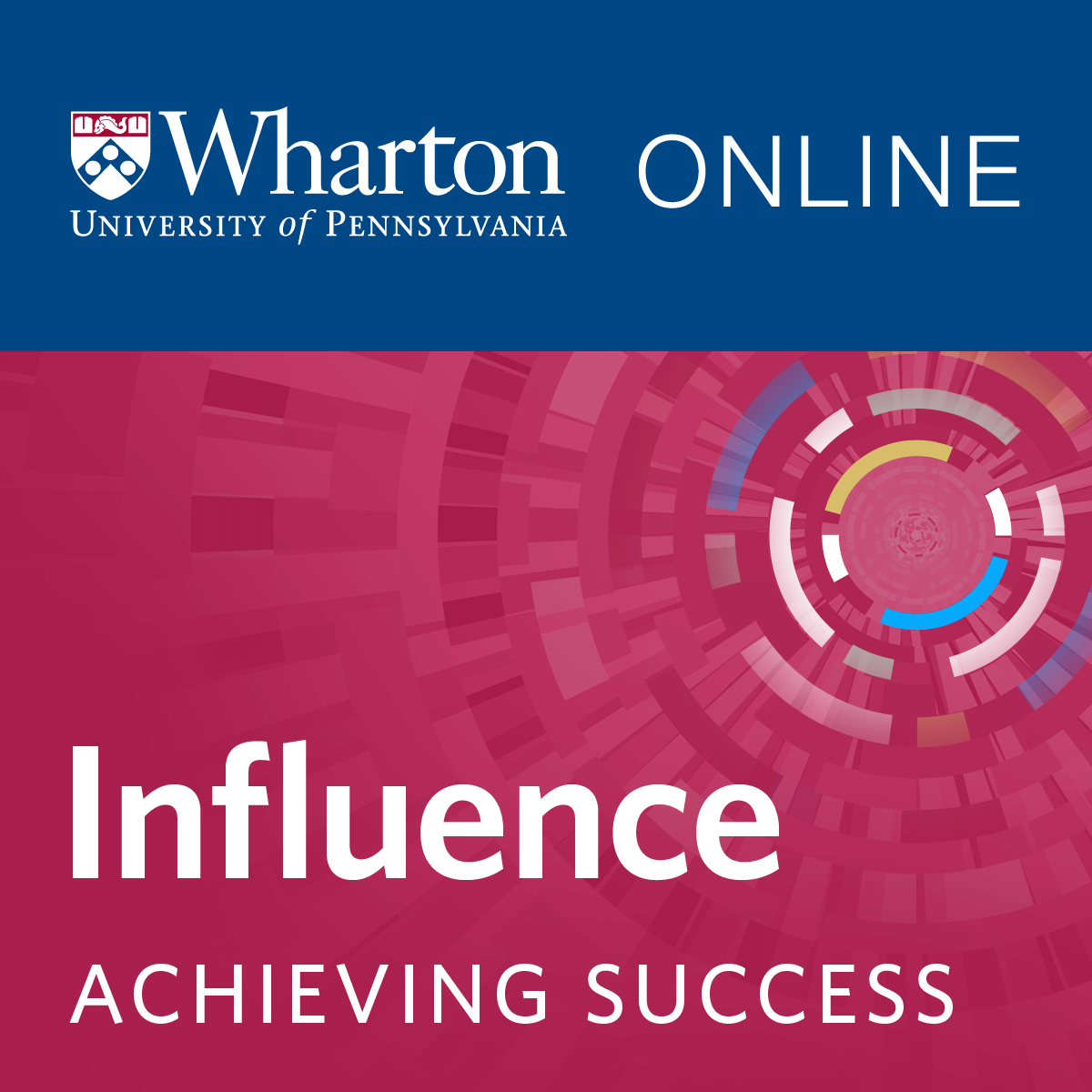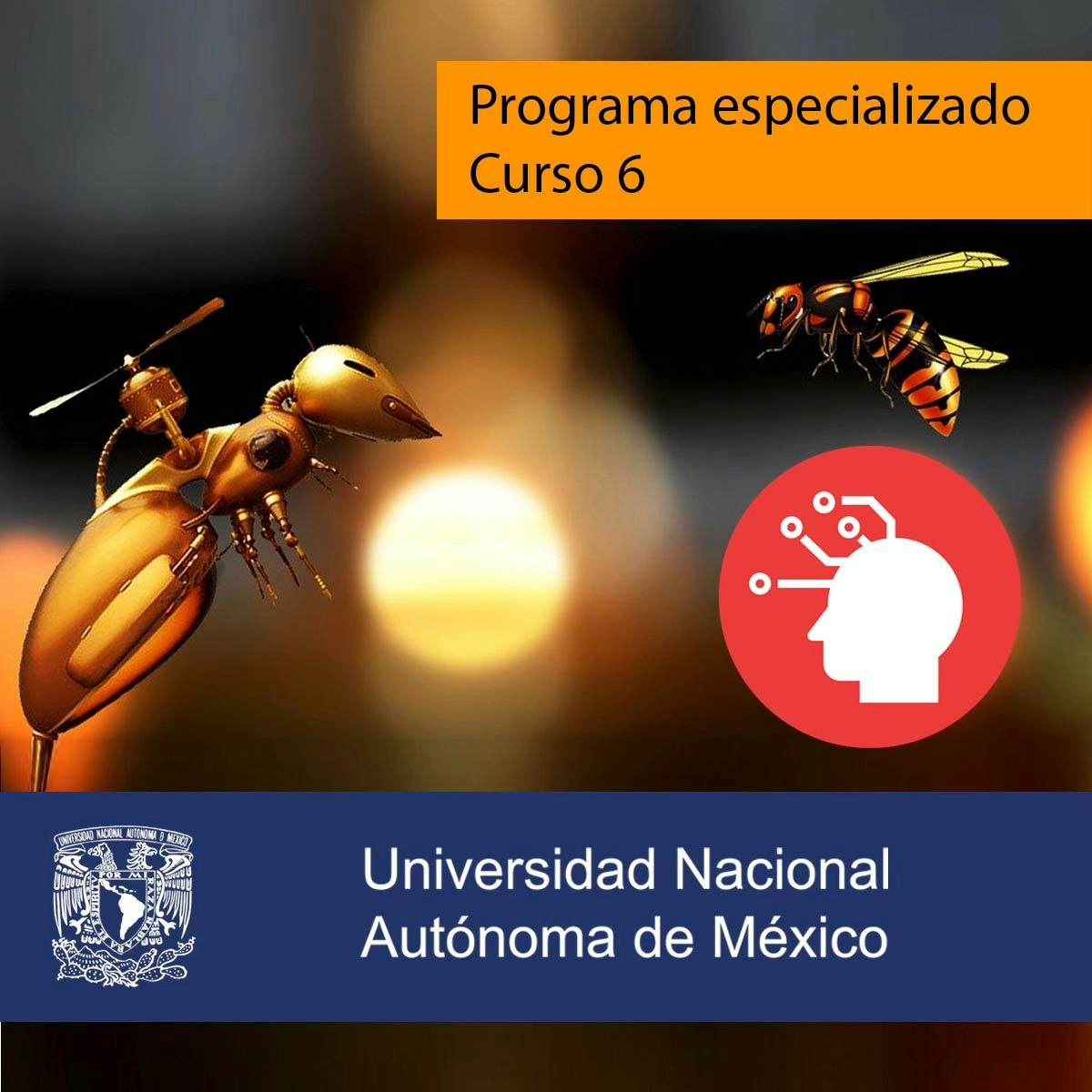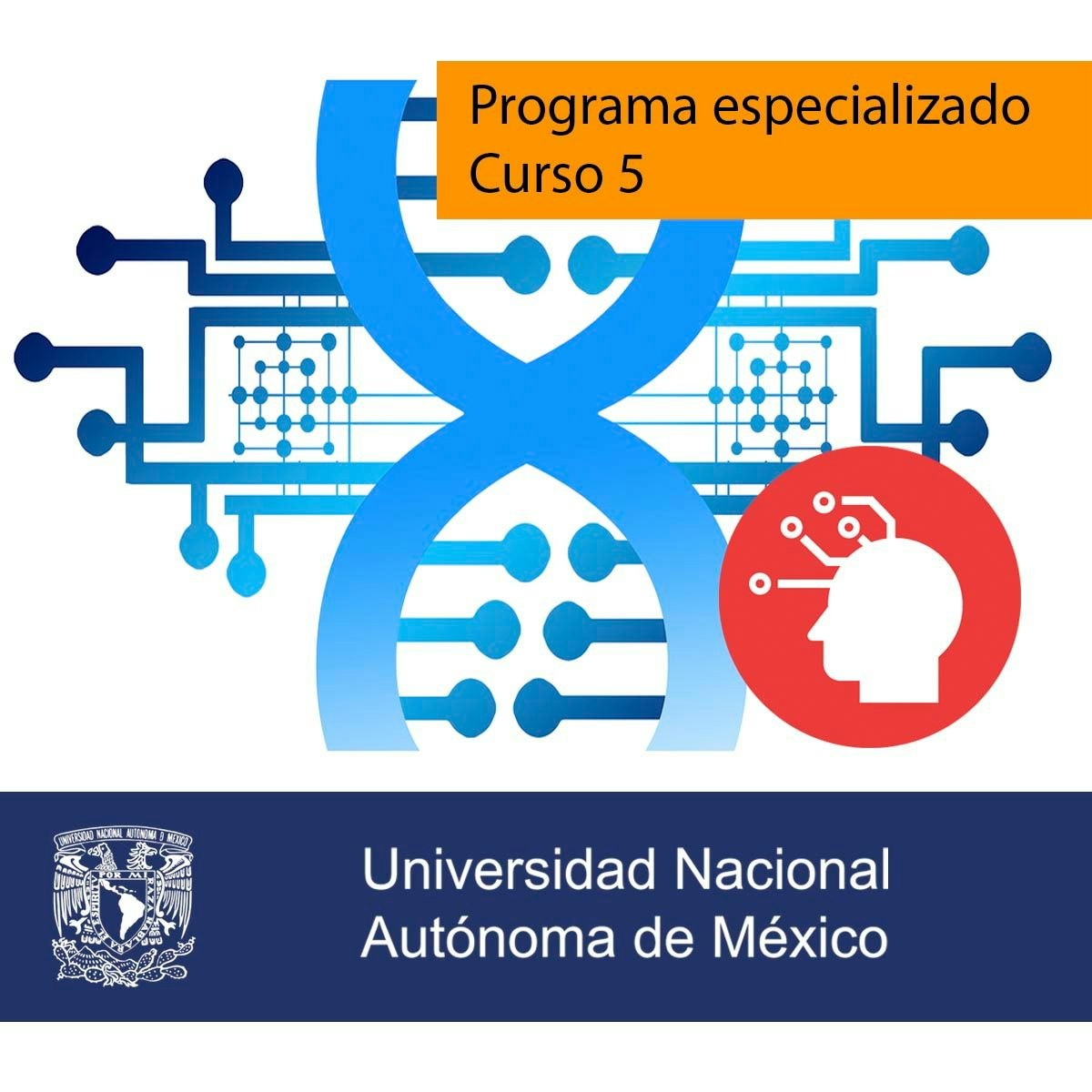Engineer
A Career in Engineering: Building the Future
Engineering is the application of scientific principles, mathematical methods, and empirical evidence to invent, design, build, maintain, and improve structures, machines, tools, systems, components, materials, and processes. At its core, it's about problem-solving on a grand scale, turning abstract ideas into tangible realities that shape our world. Engineers are the architects of innovation, constantly seeking better ways to do things, whether it's creating more efficient energy systems, designing life-saving medical devices, or developing the software that connects us globally.
Working as an engineer often involves tackling complex challenges that require creativity, analytical thinking, and meticulous attention to detail. It's a field where you can directly contribute to technological advancements and societal progress. Many find the process of taking a concept from an initial sketch to a functioning product or system incredibly rewarding. The collaborative nature of engineering, often involving diverse teams working towards a common goal, adds another layer of engagement and dynamism to the profession.
What Does an Engineer Do?
Solving Problems with Method
Engineers are fundamentally problem solvers. They use a systematic approach, often referred to as the engineering design process, to tackle challenges. This process typically involves defining the problem clearly, researching existing solutions and constraints, brainstorming potential ideas, developing prototypes, testing rigorously, and implementing the final solution. This methodical approach ensures that solutions are not just innovative but also safe, reliable, and efficient.
This process relies heavily on analytical skills and a deep understanding of scientific and mathematical principles. Engineers break down complex problems into smaller, manageable parts, analyze data, build models (physical or computational), and use logical reasoning to arrive at optimal solutions. They must consider various factors, including cost, feasibility, sustainability, and societal impact.
Thinking critically is paramount. Engineers constantly evaluate information, question assumptions, and identify potential flaws in designs or processes. This rigorous mindset helps prevent errors and ensures the integrity and safety of the final product or system.
For those looking to sharpen their analytical and problem-solving abilities, structured thinking exercises and courses can be beneficial.
These courses offer techniques applicable across various engineering disciplines.
Designing and Implementing Solutions
Design is a central activity for many engineers. This involves translating requirements and ideas into detailed plans, specifications, and blueprints. Engineers use tools like Computer-Aided Design (CAD) software to create precise 2D and 3D models, simulate performance, and analyze potential stresses or failures before anything is built.
Implementation follows design. This phase involves overseeing the construction, manufacturing, or deployment of the engineered solution. Engineers ensure that the project adheres to the design specifications, meets quality standards, and stays within budget and schedule. This often requires project management skills, coordination with technicians and other professionals, and troubleshooting issues that arise during execution.
Testing and iteration are crucial throughout the design and implementation phases. Engineers conduct experiments, analyze results, and refine their designs based on feedback and performance data. This iterative cycle ensures continuous improvement and leads to robust, well-optimized final products or systems.
Learning design tools and methodologies is essential for aspiring engineers.
These resources cover foundational design thinking and specific software tools used in various engineering fields.
Collaboration Across Disciplines
Engineering is rarely a solo endeavor. Projects often require collaboration among engineers from different specialties, as well as coordination with scientists, technicians, project managers, clients, and other stakeholders. Effective communication and teamwork are therefore essential skills for any engineer.
Interdisciplinary collaboration brings diverse perspectives and expertise to bear on complex problems. A mechanical engineer designing a robot might work closely with an electrical engineer on the control systems and a software engineer on the programming. This synergy allows for the creation of sophisticated and integrated systems.
Engineers must be able to clearly explain technical concepts to non-technical audiences, present findings persuasively, and actively listen to input from others. Strong interpersonal skills facilitate smoother project execution and foster innovation within teams.
Developing communication and teamwork skills is as important as technical proficiency.
Ethical Responsibilities in Engineering
Engineers hold significant responsibility for public safety and welfare. Their work directly impacts lives, infrastructure, and the environment. Adhering to a strict code of ethics is therefore fundamental to the profession. This involves prioritizing safety, honesty, integrity, and competence in all professional activities.
Key ethical considerations include ensuring the safety and reliability of designs, being honest about capabilities and limitations, protecting confidential information, avoiding conflicts of interest, and considering the environmental and societal impacts of their work. Organizations like the National Society of Professional Engineers (NSPE) provide ethical guidelines for practitioners.
Making ethical decisions often involves navigating complex situations with potentially competing interests. Engineers must be prepared to exercise sound judgment, uphold professional standards, and sometimes make difficult choices to protect the public good, even if it means challenging superiors or clients.
Understanding and applying ethical principles is crucial for responsible engineering practice.
Types of Engineers
Major Engineering Branches
Historically, engineering branched into a few core disciplines, which remain foundational today. Civil Engineering focuses on designing, building, and maintaining infrastructure projects like bridges, roads, buildings, dams, and water systems. They ensure the structures we rely on daily are safe and functional.
Mechanical Engineering deals with the design, analysis, manufacturing, and maintenance of mechanical systems. This broad field includes everything from tiny components like sensors and switches to large machines like engines, robots, and power plants.
Electrical Engineering centers on electricity, electronics, and electromagnetism. Electrical engineers design and develop electrical systems, equipment, and devices, ranging from microchips and telecommunications systems to power generation grids.
Chemical Engineering applies principles of chemistry, physics, and biology to design and operate industrial chemical processes. They work on transforming raw materials into useful products like fuels, medicines, plastics, and food.
Software Engineering, a branch often considered part of Computer Science or Engineering, involves designing, developing, testing, and maintaining software systems. They create the applications, operating systems, and network control systems that power our digital world.
Emerging and Specialized Fields
Technology's rapid advancement continuously creates new engineering specializations. Artificial Intelligence (AI) engineering focuses on designing and building AI models and systems. Environmental Engineering tackles problems like pollution control, waste management, and sustainable resource use.
Renewable Energy Engineering is growing rapidly, focusing on developing technologies for solar, wind, hydro, and other sustainable power sources. Biomedical Engineering bridges engineering and medicine, creating solutions like prosthetic limbs, medical imaging devices, and diagnostic tools.
Other expanding areas include Robotics Engineering, Materials Engineering (developing new materials with specific properties), Aerospace Engineering (designing aircraft and spacecraft), and Industrial Engineering (optimizing complex processes and systems).
Industry-Specific and Hybrid Roles
Beyond broad disciplines, many engineers work in roles tailored to specific industries. Automotive engineers design vehicles, while aerospace engineers focus on aircraft and spacecraft. Marine engineers design ships and offshore structures. Telecommunication engineers work on communication networks.
Hybrid roles are also increasingly common. Mechatronics engineering combines mechanical, electrical, and computer engineering to create 'smart' devices. Systems engineering focuses on managing and integrating large, complex projects that span multiple disciplines. Supply chain engineering applies industrial engineering principles to logistics and distribution networks.
These specializations reflect the interconnected nature of modern technology and the need for engineers who can bridge different fields to create integrated solutions.
Understanding these diverse fields can help aspiring engineers find the path that best aligns with their interests and skills.
These courses provide foundational knowledge relevant to various engineering disciplines.
Formal Education Pathways
Preparing for University Studies
A strong foundation in science and mathematics during high school is crucial for aspiring engineers. Courses in physics, chemistry, calculus, and computer science provide the essential groundwork needed for university-level engineering studies. Developing strong analytical and problem-solving skills early on is also beneficial.
Many students find advanced placement (AP) or international baccalaureate (IB) courses helpful, as they offer college-level rigor and potential university credit. Participating in science fairs, robotics clubs, or math competitions can provide valuable hands-on experience and demonstrate interest to university admissions committees.
Building a solid academic record and exploring STEM subjects through extracurricular activities can significantly enhance preparation for the challenges of an engineering curriculum.
These foundational math courses are excellent preparation for university-level engineering studies.
Undergraduate Degree Requirements
A bachelor's degree in engineering is typically the minimum educational requirement for entry-level engineering positions. These four-year programs provide a broad foundation in engineering principles, mathematics, and basic sciences, followed by specialized coursework in a chosen discipline (e.g., civil, mechanical, electrical).
Curricula often include core courses in calculus, differential equations, linear algebra, physics, chemistry, thermodynamics, circuits, statics, dynamics, and materials science. Later years focus on advanced topics within the specialization, design projects, and laboratory work. Many programs also incorporate courses in ethics, communication, and economics.
Internships or co-op programs are highly recommended during undergraduate studies. They provide invaluable practical experience, networking opportunities, and a chance to apply classroom knowledge in a real-world setting, significantly enhancing job prospects after graduation.
Foundational undergraduate topics often include calculus and linear algebra.
These courses cover essential mathematical concepts frequently encountered in engineering programs.
Graduate Studies and Research
While a bachelor's degree is sufficient for many engineering roles, a master's degree or Ph.D. can open doors to more specialized positions, research and development roles, teaching positions at the university level, and potentially higher salaries. Graduate programs allow for deeper exploration of a specific subfield.
Master's programs (typically 1-2 years) often focus on advanced coursework and may involve a design project or thesis. They are popular for engineers seeking specialized technical expertise or moving into management roles. Ph.D. programs (typically 4-6 years) are research-intensive, culminating in a dissertation that contributes original knowledge to the field. They prepare graduates for careers in academia or advanced industrial research.
Choosing a graduate program involves considering research interests, faculty expertise, program reputation, and career goals. Funding opportunities, such as fellowships, assistantships, and grants, are often available to help cover tuition and living expenses, particularly for Ph.D. students.
Advanced studies often delve into specialized mathematical techniques and physical principles.
These resources touch upon concepts relevant to graduate-level engineering and scientific research.
Accreditation Standards
When choosing an engineering program, accreditation is a critical factor. In the United States, ABET (Accreditation Board for Engineering and Technology) is the recognized accreditor for college and university programs in applied and natural science, computing, engineering, and engineering technology. Graduation from an ABET-accredited program is often a requirement for professional licensure and is preferred by many employers.
ABET accreditation ensures that a program meets rigorous quality standards set by the profession. These standards cover curriculum content, faculty qualifications, facilities, student support, and continuous improvement processes. It signifies that the program adequately prepares graduates for entry into the engineering profession.
Attending an ABET-accredited program simplifies the path to becoming a licensed Professional Engineer (PE), enhances job prospects, and ensures the education meets global standards recognized by many countries. Prospective students can search for accredited programs on the ABET website.
Understanding accreditation helps ensure your educational investment meets professional benchmarks.
record:21
Online Learning and Skill Development
Acquiring Core Skills Remotely
The rise of online learning platforms has made acquiring engineering-related skills more accessible than ever. Foundational knowledge in areas like mathematics, physics, programming languages (such as Python or MATLAB), and even introductory concepts in specific engineering disciplines can be effectively learned online.
Online courses offer flexibility, allowing learners to study at their own pace and often at a lower cost than traditional programs. They are suitable for supplementing formal education, professional development, or even building foundational knowledge for a career change. Platforms like OpenCourser aggregate courses from various providers, making it easier to find relevant learning materials.
While a full engineering degree typically requires hands-on laboratory work best done in person, online resources excel at teaching theoretical concepts, software tools, and analytical techniques. Many courses incorporate simulations or virtual labs to provide interactive learning experiences.
These courses offer foundational mathematical and computational skills often taught online.
Project-Based Learning Strategies
Applying learned concepts through projects is crucial for solidifying understanding and developing practical skills. Online learning can be effectively paired with hands-on projects, which can range from building simple circuits or mechanical devices at home to developing software applications or analyzing real-world datasets.
Many online courses incorporate project components, guiding learners through the process of building something tangible or solving a specific problem. Platforms dedicated to coding challenges or design competitions also offer opportunities to practice skills. Personal projects, driven by individual interests, are another excellent way to learn and showcase abilities.
Documenting these projects, including the design process, challenges faced, and final outcomes, is essential for building a portfolio. This practical experience is highly valued by employers and demonstrates initiative and problem-solving capabilities beyond theoretical knowledge.
These courses emphasize hands-on tinkering and project work.
Bridging Theory and Practice
A common challenge in engineering education is bridging the gap between theoretical knowledge learned in coursework and its practical application in real-world scenarios. Online courses combined with self-directed projects, simulations, or even entry-level internships can help make these connections.
Simulators and modeling software, often taught or utilized in online courses, allow learners to experiment with designs and observe outcomes without needing physical equipment. Contributing to open-source projects provides experience working on real software within a collaborative environment. Engaging in online communities and forums allows learners to discuss problems and solutions with peers and experienced engineers.
For those considering a career pivot, supplementing online learning with informational interviews with practicing engineers or seeking mentorship can provide valuable context and practical insights. It's about actively seeking ways to apply what you learn.
These resources provide tools and techniques used for modeling and simulation.
Developing Your Portfolio
A portfolio is a collection of work that showcases your skills, experience, and accomplishments. For engineers, especially those leveraging online learning or seeking entry-level positions, a strong portfolio can be more impactful than a resume alone. It provides tangible evidence of your capabilities.
Your portfolio can include design projects (CAD models, schematics), software code (e.g., hosted on GitHub), analysis reports, technical documentation, prototypes you've built, or contributions to larger projects. Include descriptions of the problem, your approach, the tools used, and the outcome for each project.
Platforms like LinkedIn, personal websites, or dedicated portfolio sites can be used to host your work. Continuously update your portfolio as you complete new projects and acquire new skills through online courses or practical experience. Resources like the OpenCourser Learner's Guide offer tips on showcasing online course certificates and projects effectively.
Engineering Career Progression
Entry-Level Roles and Competencies
Graduates typically start in entry-level positions like Junior Engineer, Associate Engineer, or Engineer-in-Training (EIT). These roles involve applying foundational knowledge under the supervision of experienced engineers. Initial responsibilities often include assisting with design tasks, conducting analyses, performing tests, collecting data, and preparing documentation.
Key competencies for entry-level engineers include a solid grasp of fundamental engineering principles relevant to their discipline, proficiency with relevant software tools (e.g., CAD, simulation software, programming languages), analytical and problem-solving skills, attention to detail, and effective communication.
The early years focus on gaining practical experience, learning industry standards and practices, and developing technical proficiency. Successfully passing the Fundamentals of Engineering (FE) exam is often encouraged or required, especially for those planning to pursue professional licensure.
These resources cover foundational knowledge and skills often expected in early-career roles.
Mid-Career Specialization Paths
After gaining several years of experience, engineers often begin to specialize in a particular area within their discipline. This might involve focusing on a specific technology (e.g., power systems, embedded systems, structural analysis), industry (e.g., aerospace, automotive, medical devices), or function (e.g., design, testing, project management).
Mid-career roles might include titles like Project Engineer, Senior Engineer, Design Engineer, or Systems Engineer. Responsibilities increase, often involving leading smaller projects or specific aspects of larger ones, mentoring junior engineers, making more complex technical decisions, and interacting directly with clients or stakeholders.
Continuous learning is vital at this stage to keep up with technological advancements and deepen expertise. This might involve pursuing advanced degrees, obtaining professional certifications, attending industry conferences, or taking specialized training courses.
These courses cover more specialized or advanced topics relevant to mid-career development.
Leadership and Management Transitions
Many engineers eventually transition into leadership or management roles. This path involves moving away from purely technical tasks towards responsibilities like leading teams, managing projects and budgets, strategic planning, and business development. Common titles include Lead Engineer, Engineering Manager, Project Manager, or Director of Engineering.
This transition requires developing a different skill set, emphasizing leadership, communication, decision-making, financial acumen, and people management. While technical understanding remains important, the focus shifts to enabling teams, aligning engineering efforts with business goals, and overseeing larger initiatives.
Some engineers pursue further education, like an MBA or a Master's in Engineering Management, to prepare for these roles. Others develop these skills through on-the-job experience, mentorship, and targeted leadership training programs.
Developing leadership skills is crucial for career advancement into management.
Licensing (PE) and Certifications
For many engineers, particularly in fields like civil, mechanical, electrical, and structural engineering where public safety is paramount, obtaining a Professional Engineer (PE) license is a significant career milestone. Licensure allows engineers to take legal responsibility for their work, sign and seal engineering documents, and offer services directly to the public.
Requirements for PE licensure typically include graduating from an ABET-accredited engineering program, passing the Fundamentals of Engineering (FE) exam, gaining several years (usually four) of progressive engineering experience under a licensed PE, and passing the Principles and Practice of Engineering (PE) exam in their specific discipline. Requirements vary slightly by state in the US.
Beyond the PE license, numerous professional certifications are available in specialized areas (e.g., project management, specific software, cybersecurity, lean manufacturing). These certifications can demonstrate expertise, enhance credibility, and improve career prospects in certain niches.
Understanding licensure requirements is important for many engineering paths.
Global Engineering Challenges
Sustainable Infrastructure and Energy Demands
Engineers are at the forefront of addressing global challenges related to sustainability. Designing infrastructure that is resilient to climate change, developing efficient and renewable energy sources, creating sustainable water management systems, and minimizing the environmental impact of construction and manufacturing are critical priorities.
This involves innovating in areas like green building materials, smart grid technologies, carbon capture systems, circular economy principles, and efficient transportation networks. Engineers must balance technical feasibility with economic viability and long-term environmental stewardship.
The demand for engineers skilled in sustainable design and renewable energy technologies is growing rapidly, driven by societal needs and government initiatives worldwide. According to recent analysis, advancing renewable energy is a major driver of engineering demand.
These courses explore solutions related to climate change and sustainability.
Technological Obsolescence and Innovation Cycles
The pace of technological change presents both opportunities and challenges for engineers. New tools, materials, and methodologies emerge constantly, requiring continuous learning and adaptation. Designs and systems can become obsolete quickly, demanding engineers stay ahead of the curve.
Engineers must embrace lifelong learning to remain relevant. This includes keeping up with advancements in areas like AI, robotics, advanced materials, and digital manufacturing. Skills in areas like data analysis, software development, and systems integration are becoming increasingly valuable across many engineering disciplines.
The rapid innovation cycle also drives demand for engineers who can not only apply existing technologies but also contribute to developing the next generation of solutions. Creativity, adaptability, and a forward-thinking mindset are essential.
These books discuss dynamics and adaptation in technology and business.
Cross-Border Collaboration and Standards
Many large-scale engineering projects involve international teams, suppliers, and clients. This necessitates navigating different cultural norms, communication styles, regulatory environments, and technical standards. Effective cross-border collaboration is crucial for success in a globalized economy.
Engineers working internationally need cultural intelligence, flexibility, and strong communication skills. Understanding international standards (like those from ISO or IEC) and adapting designs to meet local requirements and regulations are often necessary.
Online collaboration tools and platforms facilitate communication and project management across geographical boundaries, but the underlying need for clear communication and mutual understanding remains paramount.
Ethics in Engineering
Safety, Liability, and Risk Management
Ensuring public safety is arguably the most critical ethical obligation for engineers. Designs must be robust, reliable, and account for potential failure modes. Engineers are often legally liable for failures caused by negligence or faulty design, making rigorous analysis, testing, and adherence to safety codes essential.
Risk management is an integral part of the engineering process. This involves identifying potential hazards, assessing their likelihood and impact, and implementing measures to mitigate or eliminate risks. This applies across all disciplines, from structural integrity in civil engineering to cybersecurity in software engineering.
Ethical engineers prioritize safety above cost or schedule pressures. They communicate risks clearly to stakeholders and advocate for designs and practices that protect users and the public.
Environmental Stewardship
Engineers have a profound impact on the environment through the projects they design and the processes they develop. Ethical practice demands consideration of environmental sustainability, minimizing pollution, conserving resources, and protecting ecosystems.
This involves incorporating life-cycle assessment into designs, choosing environmentally friendly materials, designing for energy efficiency, managing waste responsibly, and complying with environmental regulations. Engineers play a key role in developing solutions to environmental problems, such as pollution remediation and climate change mitigation.
Environmental stewardship requires balancing technical and economic objectives with long-term ecological well-being, reflecting a commitment to responsible resource use for present and future generations.
Data Privacy and Security Considerations
In an increasingly digital world, engineers, particularly in software, electrical, and computer engineering, face growing ethical responsibilities related to data privacy and security. Designing systems that handle personal data requires implementing robust security measures and adhering to privacy regulations.
Ethical considerations include ensuring data confidentiality, integrity, and availability; obtaining informed consent for data collection and use; designing secure authentication and access control mechanisms; and being transparent about data handling practices. Engineers must proactively identify and address potential vulnerabilities that could lead to data breaches or misuse.
With the rise of IoT and AI, these ethical challenges become even more complex, requiring careful consideration of algorithmic bias, data ownership, and the potential for surveillance or manipulation.
Whistleblowing and Professional Integrity
Situations may arise where engineers encounter unethical or illegal practices within their organization or project. Professional ethics codes often require engineers to report such issues, sometimes necessitating "whistleblowing" – disclosing misconduct to appropriate authorities or the public.
This can be a difficult decision with potential personal and professional repercussions. However, the engineer's primary obligation is to public safety and welfare. Ethical frameworks and legal protections exist to support engineers who act in good faith to expose wrongdoing that could cause harm.
Maintaining professional integrity means upholding ethical standards even when facing pressure, being honest and objective in professional reports and testimony, and continuously striving for competence in one's field.
Future of Engineering Careers
Impact of Automation and AI
Artificial Intelligence (AI) and automation are transforming the engineering landscape. Routine tasks like data analysis, simulation, and even aspects of design are becoming increasingly automated. This shift is expected to increase productivity and allow engineers to focus on more complex, creative, and strategic aspects of their work.
While some tasks may be automated, AI is also creating new opportunities. Engineers are needed to design, develop, implement, and manage AI systems themselves. There is a growing demand for engineers who can collaborate effectively with AI tools, leveraging them for tasks like predictive maintenance, design optimization, and complex system modeling. A recent study highlighted that 67.5% of engineers feel AI impacts their jobs, underscoring the need for adaptation.
The future likely involves engineers working alongside AI, focusing on higher-level problem-solving, innovation, critical thinking, and overseeing AI-driven processes. Continuous learning, particularly in AI, machine learning, and data analytics, will be crucial for staying relevant.
These courses explore AI and related technologies shaping the future.
Growing Demand for Interdisciplinary Skills
As technology becomes more integrated, the lines between traditional engineering disciplines are blurring. Future engineers will increasingly need interdisciplinary skills, combining expertise from multiple fields. For example, developing autonomous vehicles requires knowledge of mechanical, electrical, software, and AI engineering.
Skills in areas like systems thinking, data science, cybersecurity, materials science, and even biology are becoming valuable across various engineering domains. The ability to understand and integrate concepts from different fields will be key to tackling complex, multifaceted challenges.
This trend emphasizes the importance of a broad foundational education and a commitment to lifelong learning across disciplinary boundaries. Engineers who can bridge different areas of expertise will be highly sought after.
Geographic Shifts and Remote Work
Engineering hubs continue to evolve globally, influenced by factors like investment in specific industries (e.g., semiconductors, renewable energy), government policies, and talent availability. While established regions remain strong, new centers of engineering activity are emerging.
The rise of remote work, accelerated by the COVID-19 pandemic, has also impacted the field. While hands-on engineering tasks still require physical presence, many design, analysis, simulation, software development, and project management roles can be performed remotely. This offers engineers greater flexibility and allows companies to access a wider talent pool.
However, the feasibility of remote work varies significantly by discipline and specific role. Fields like software engineering offer more remote opportunities than those requiring extensive lab work or site visits, like civil or chemical engineering. Hybrid models combining remote and in-office work are also becoming common.
Entrepreneurial Opportunities
The rapid pace of technological innovation creates fertile ground for entrepreneurial engineers. Many engineers leverage their technical expertise and problem-solving skills to launch startups, developing new products, services, or technologies.
Opportunities exist across various sectors, from developing specialized software or hardware to creating novel medical devices or sustainable energy solutions. Success requires not only technical prowess but also business acumen, including skills in market analysis, fundraising, product management, and sales.
Incubators, accelerators, and venture capital firms often support engineer-led startups. University technology transfer offices also help researchers commercialize their inventions. For engineers with innovative ideas and a tolerance for risk, entrepreneurship offers a path to build something new and potentially make a significant impact.
These resources touch upon innovation and entrepreneurial thinking.
Frequently Asked Questions
What are typical salary ranges for engineers?
Engineer salaries vary widely based on discipline, experience level, industry, geographic location, and education. According to the U.S. Bureau of Labor Statistics (BLS), the median annual wage for engineers was $91,420 in May 2023, significantly higher than the median for all occupations ($48,060). Other sources like ZipRecruiter report an average annual pay around $101,752 in early 2025, with ranges typically between $84,000 (25th percentile) and $116,500 (75th percentile).
Entry-level positions might start around $75,000-$90,000, while experienced engineers, particularly those in high-demand fields or management roles, can earn well over $150,000. Certain disciplines, like petroleum or software engineering, often command higher average salaries. Location also plays a major role, with higher salaries generally found in major metropolitan areas or tech hubs.
Advanced degrees (Master's or Ph.D.) can also lead to higher earning potential, especially in research-intensive or specialized roles. Overall, engineering remains one of the highest-paid professions requiring a bachelor's degree.
How is the job demand for engineers?
The overall job outlook for engineers is positive. The BLS projects employment in architecture and engineering occupations to grow faster than the average for all occupations between 2023 and 2033, with about 195,000 openings projected each year due to growth and replacement needs. Demand is driven by the need for infrastructure development, advancements in technology (renewable energy, AI, biotech), and the replacement of retiring engineers.
However, demand varies significantly by specialization. Fields like software development, industrial engineering, and biomedical engineering are projected to grow faster than average. Others, like some traditional manufacturing-focused roles, may see slower growth. There are also reports of skills shortages, particularly in areas requiring next-generation skills like AI, cybersecurity, and renewable energy expertise. According to a BCG report, nearly one in three engineering roles could remain unfilled annually through 2030 due to this gap.
Emerging trends like sustainability initiatives, the push for domestic manufacturing (e.g., semiconductors), and infrastructure modernization are expected to continue fueling demand across various engineering sectors.
Can I transition between engineering disciplines?
Transitioning between engineering disciplines is possible, but often requires additional education or significant retraining. The foundational knowledge in math and science is largely shared, providing a base to build upon. However, each discipline has its own specialized knowledge, tools, and practices.
A common transition might be from mechanical or electrical engineering into software engineering, often facilitated by targeted coursework or coding bootcamps. Moving between more distinct fields, like from chemical to civil engineering, would likely require more substantial effort, potentially involving further formal education like a master's degree in the new discipline.
Demonstrating relevant skills through projects, certifications, and highlighting transferable skills (like problem-solving, project management, systems thinking) is key when making such a transition. Networking within the target discipline can also be very helpful.
What are the essential soft skills for engineers?
While technical competence is fundamental, soft skills are increasingly critical for engineering success. Communication is paramount – engineers need to effectively convey complex ideas to technical and non-technical audiences, write clear reports, and collaborate with team members.
Problem-solving involves not just analytical ability but also creativity, critical thinking, and persistence in finding solutions. Teamwork is essential, as most engineering projects are collaborative efforts requiring cooperation, active listening, and the ability to integrate diverse perspectives.
Other important soft skills include time management, adaptability (especially given rapid technological change), leadership (even in non-management roles), attention to detail, and a strong work ethic. Developing these skills alongside technical expertise makes for a well-rounded and highly effective engineer.
These courses focus on developing crucial thinking and learning skills.
Is remote work common for engineers?
The prevalence of remote work for engineers varies greatly depending on the specific discipline and role. Software engineers, data engineers, and those in computational roles often have significant remote work opportunities, as their work primarily involves computers and digital collaboration tools.
Engineers involved in design, simulation, project management, and technical writing may also find remote or hybrid arrangements common. However, roles requiring hands-on work with physical hardware, laboratory experiments, manufacturing oversight, or site inspections (common in civil, mechanical, chemical, and aerospace engineering) are less conducive to fully remote work.
Many companies are adopting flexible or hybrid models, allowing engineers some remote work flexibility combined with necessary on-site presence. The trend towards remote engineering and virtual collaboration tools continues to grow, potentially expanding opportunities across more disciplines over time.
Is engineering a sustainable long-term career?
Engineering generally offers strong long-term career sustainability. The fundamental need for problem-solving, innovation, and infrastructure development ensures continued demand for engineering skills across economies. As technology evolves, the specific skills required may change, but the core engineering mindset remains valuable.
Challenges like automation and AI are transforming tasks, but they also create new roles and increase the value of engineers who can leverage these technologies. Lifelong learning and adaptability are key to navigating these changes successfully. Fields aligned with major societal trends like sustainability, healthcare, and digital transformation are likely to offer particularly robust long-term prospects.
Furthermore, the analytical rigor and problem-solving skills developed in engineering are highly transferable, providing pathways into related fields like management, consulting, finance, or entrepreneurship if desired.
Helpful Resources
Exploring a career in engineering involves continuous learning and research. Here are some resources that can help:
- OpenCourser Engineering Category: Browse thousands of online courses related to various engineering disciplines.
- OpenCourser Learner's Guide: Find articles on how to effectively use online courses for skill development and career advancement.
- Bureau of Labor Statistics (BLS) - Architecture and Engineering Occupations: Detailed information on job duties, education, pay, and outlook for various engineering roles.
- ABET (Accreditation Board for Engineering and Technology): Find accredited engineering programs and learn about the importance of accreditation.
- National Society of Professional Engineers (NSPE) Code of Ethics: Understand the ethical principles guiding the engineering profession.
Embarking on an engineering career path requires dedication, curiosity, and a passion for solving problems. Whether you are just starting your exploration, pursuing formal education, or considering a career change, the field offers diverse opportunities to make a tangible impact on the world. By building a strong foundation, embracing continuous learning, and developing both technical and soft skills, you can forge a rewarding and enduring career in engineering.



